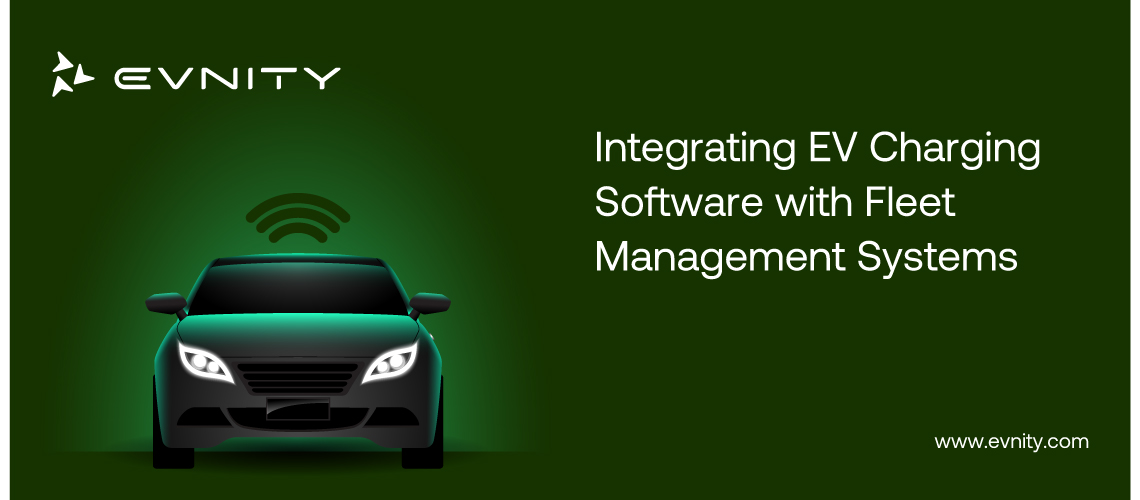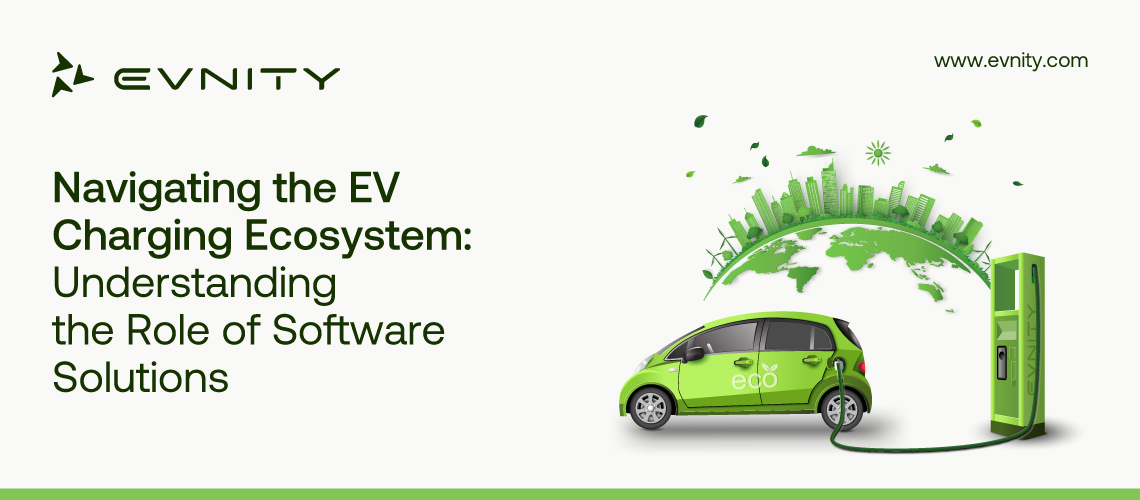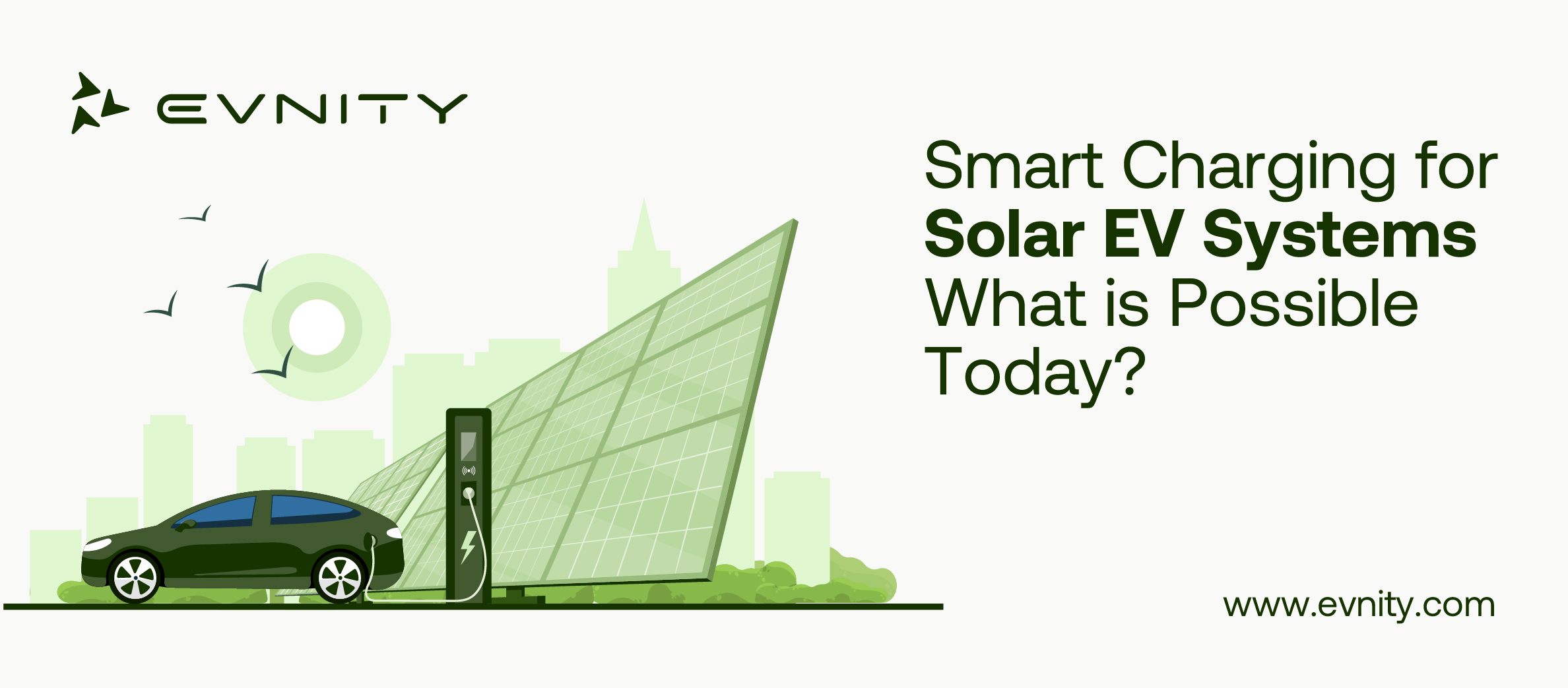Standards and procedures have been created as EV charging becomes more common to benefit various stakeholders, including EV owners, fleet managers, manufacturers, developers, and CPOs. These protocols provide a working market for electric car operations, lower development costs, and advanced interoperability.
Overview of Smart EV
The need for additional EV charging infrastructure and investment opportunities is expected to grow in 2023. To address the energy consumption issue, many EVs connected to the infrastructure for charging might put a heavy strain on power networks. Here, the Smart EV enters the scene. With the help of EV charging station management software. Through data-driven insights into the energy use and charging process between EVs and charging stations, smart EV charging improves energy consumption. Utilizing electric cars and relieving grid operators of some of the strain, it seeks to build an intelligent infrastructure that advances the green energy revolution.
Protocols and Standards
CCS – Combined Charging System Standard
A standard called the Combined Charging System Standard (CCS) addresses several topics related to charging electric vehicles (EVs), including load balancing, authentication, communication between the car and the charging station, and AC and DC charging. By expanding Type 1 and Type 2 AC connections, the CCS adds quick DC charging and creates Combo 1 (CCS1) and Combo 2 (CCS2) connectors that deliver up to 350 kW of power. The first large-scale CCS networks in the US were finished in 2016. To be eligible to receive a portion of the $7.5 billion in federal cash allotted for the national EV charging network, US companies must endorse CCS.
OCPI
A worldwide protocol known as the Open Charge Point Interface (OCPI) allows suppliers of energy management services, charge point operators, and e-mobility services to communicate data on the charging of electric vehicles safely. Locations of charge points, price details, real-time invoicing, and mobile access are all covered. OCPI has become a potent tool for tying together EV infrastructure platforms around Europe. It enables businesses to create APIs that provide data sharing that is both economical and safe between CPMS and CPO/EMSP. Additionally, it opens up the e-mobility industry and fosters an atmosphere conducive to corporate success. These protocols are crucial for electrifying transportation since they provide advantages like lower costs and more efficiency.
NACS – North American Charging Standard
In November 2022, the North American Charging Standard (NACS) was unveiled. NACS can deliver up to 1 MW of DC power, which is more than CCS's capability, and it allows both AC and DC charging in a single socket. NACS adoption has been announced by both Ford and General Motors, with the first NACS-compliant cars anticipated to leave their manufacturing lines in 2025. Drivers will require an adaptor to connect to NACS chargers till then.
OCPP – Open Charge Point Protocol
A worldwide, open-source, and vendor-neutral protocol for communication between electric car charging stations and central management systems is called the Open Charge Point Protocol (OCPP). It was created by the Open Charge Alliance (OCA) for the EV infrastructure sector. The protocol offers flexibility to infrastructure operators and convenient access for electric vehicle drivers while optimizing cost and minimizing the risk associated with investments in networked infrastructure. Important EV industry leaders helped shape its growth. Improved features for device administration, transaction processing, security, smart charging capabilities, display and messaging support, and extensibility are included in the most recent version, OCPP 2.0.1.
ISO 15118 Standard
Electric vehicles and charging stations may communicate digitally in both directions with the help of electric vehicle charging software using the international standard ISO 15118. It outlines a bi-directional charging and discharging V2G communication interface. Plug & Charge functionality is enabled by ISO 15118, enabling EV drivers to plug in a charging plug, charge, and then drive away when they're ready.
OSCP
A standard for communication between energy management systems and charge point management systems is called Open Smart Charging Protocol (OSCP) 1.0. It makes it possible to estimate the local electrical grid's capacity in real time, enabling charging stations to maximize power production and reduce peak loads and energy expenditures. Additionally, OSCP enables EVSE remote access and control, giving operators more insight into how their machines operate.
Conclusion
Governments and municipal authorities are enforcing EV legislation to enhance the charging experience for electric vehicles (EVs) by improving energy efficiency, facilitating accessibility, offering a clear experience, and encouraging rapid adoption. Both software suppliers and manufacturers must do this; they must provide clever architectural solutions that satisfy functional and technical needs while adhering to industry norms.


